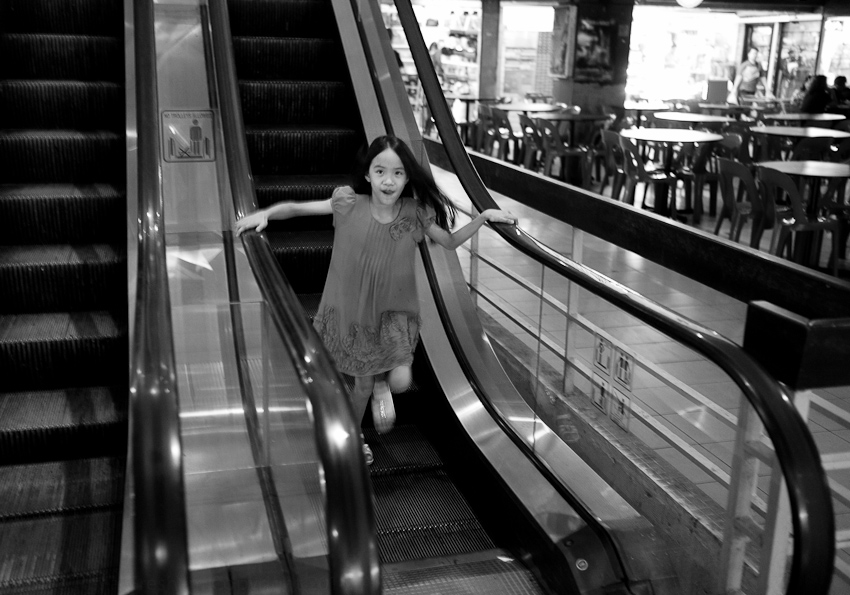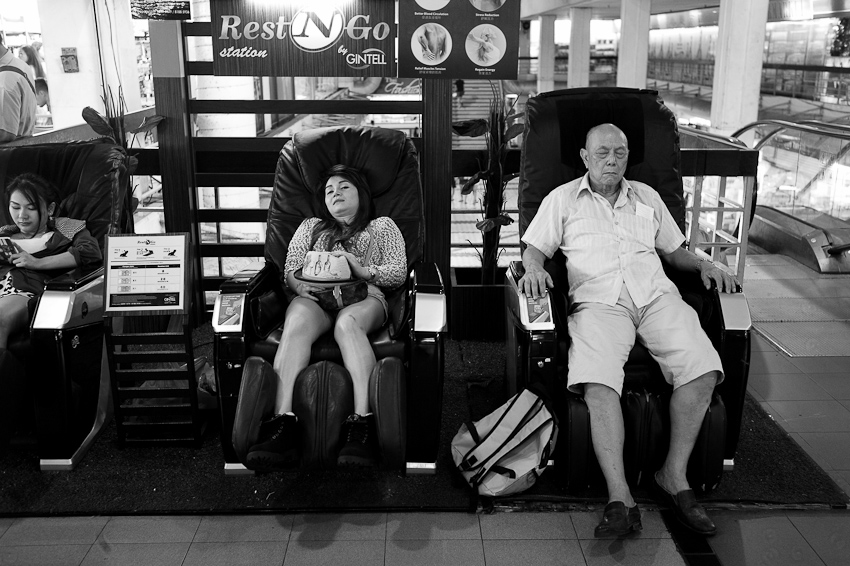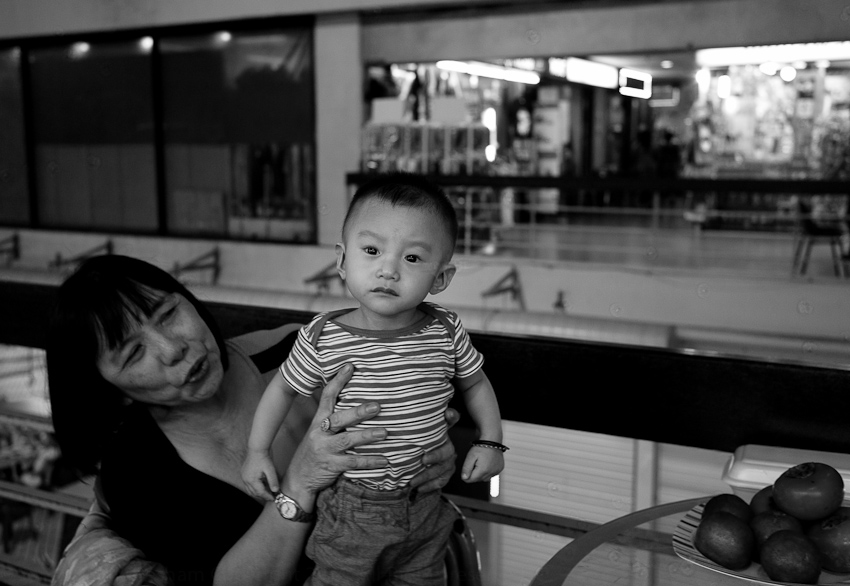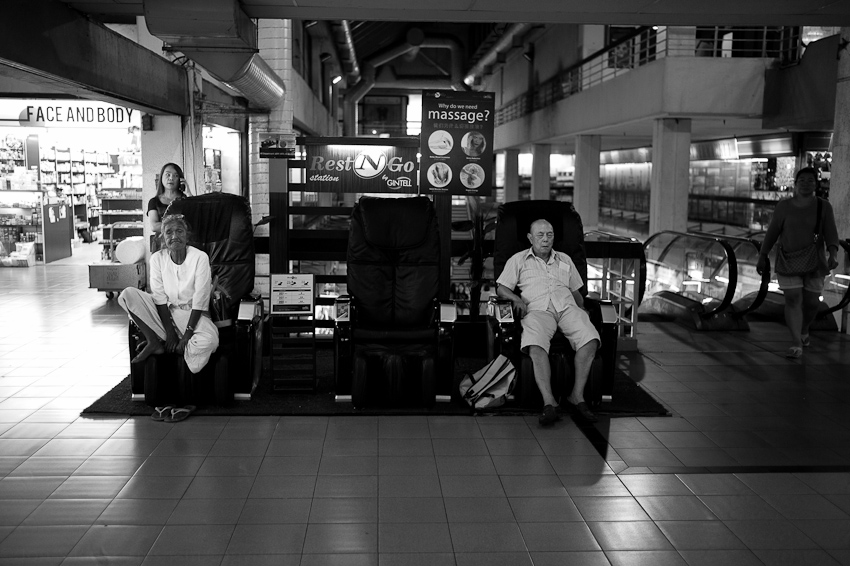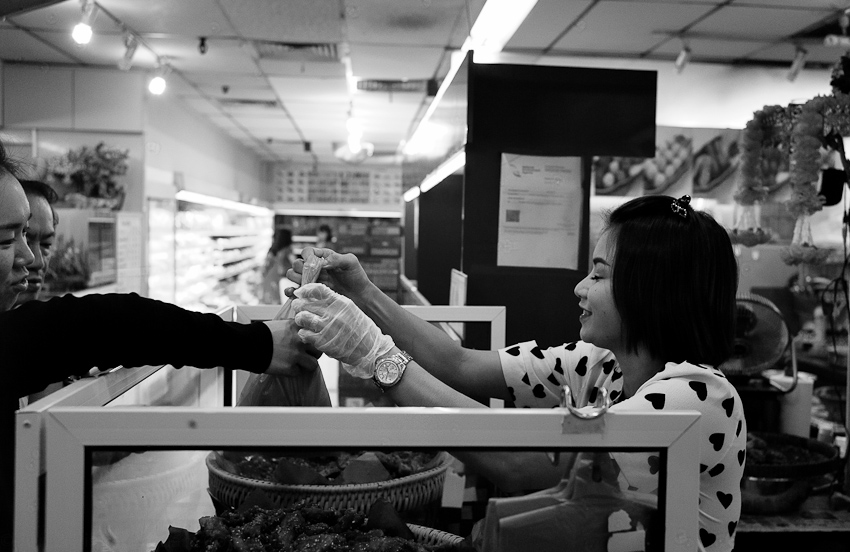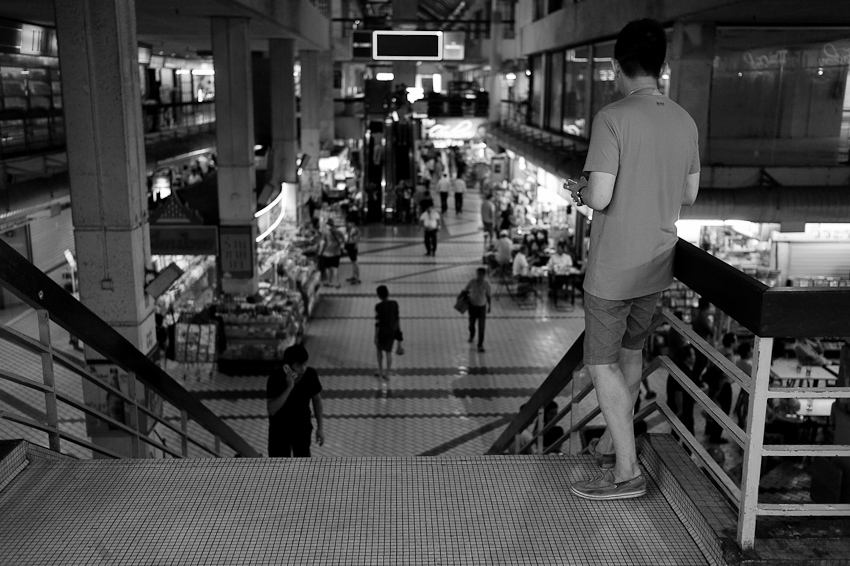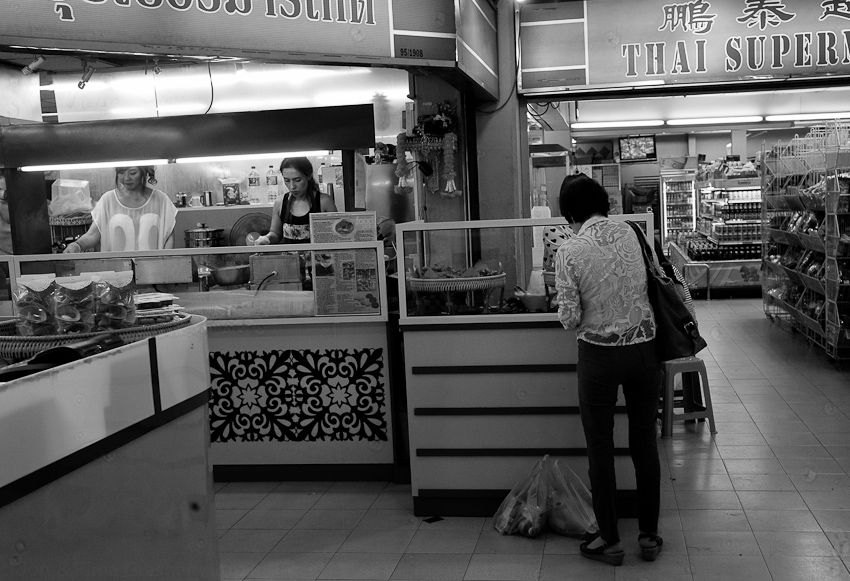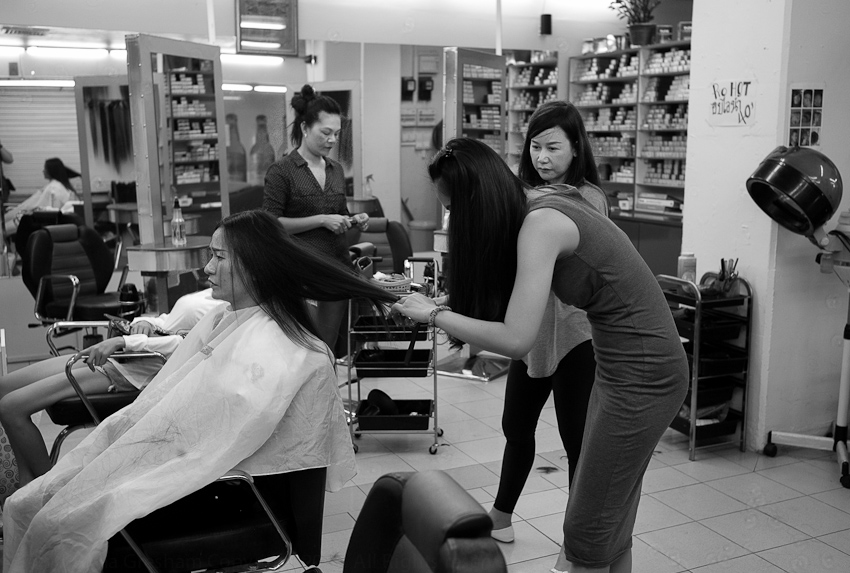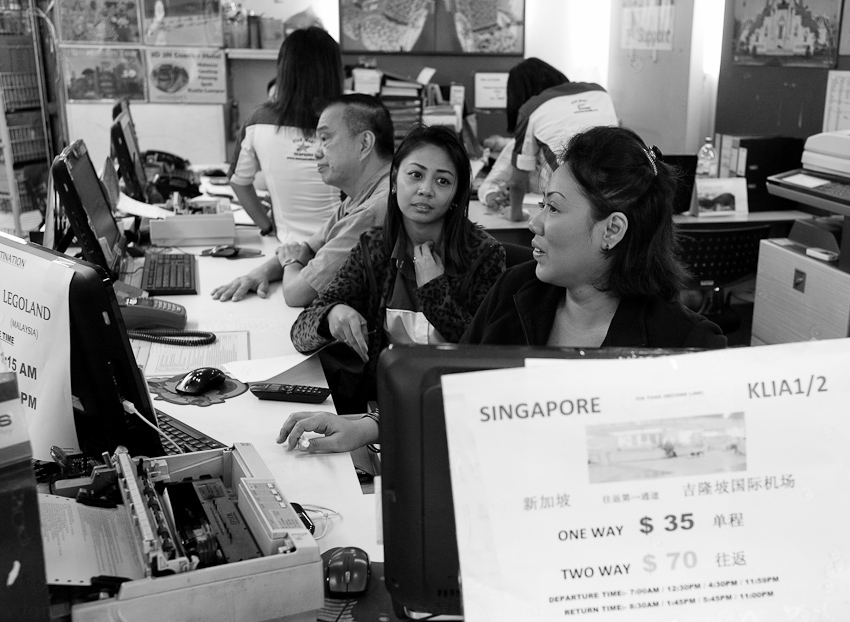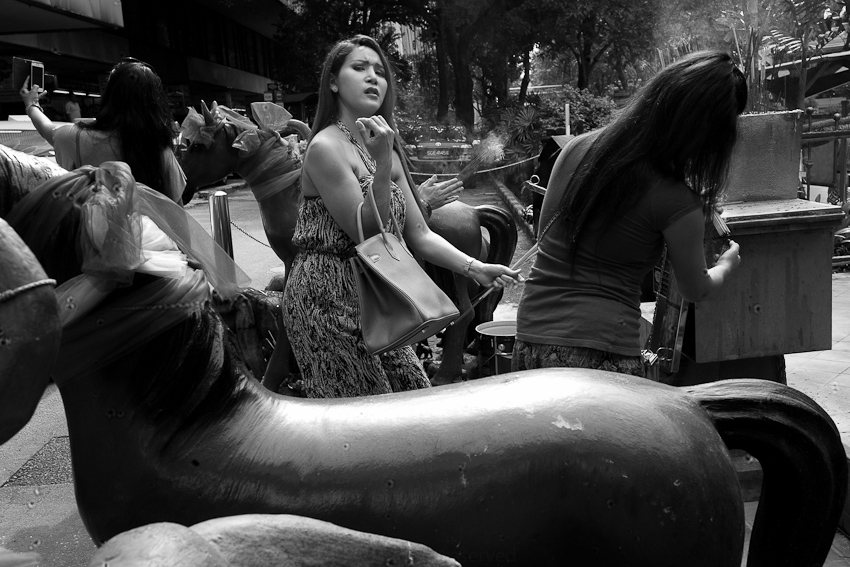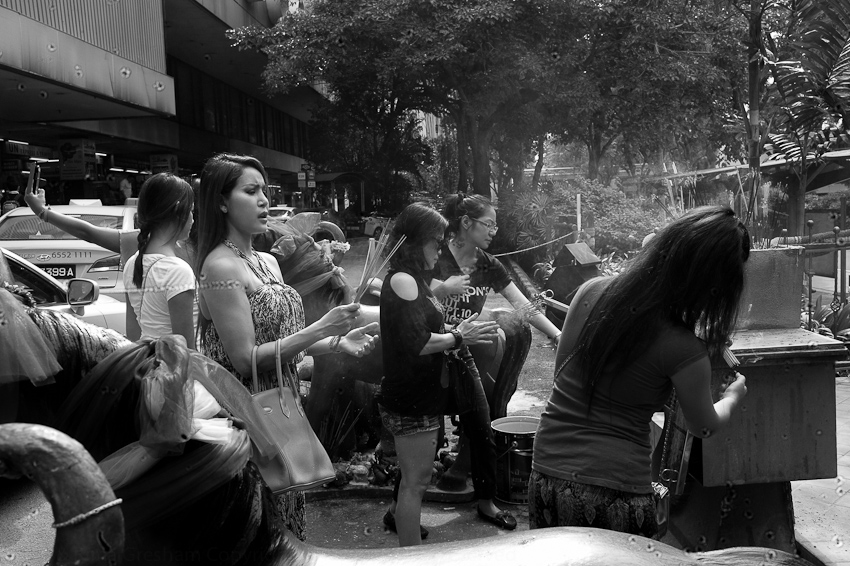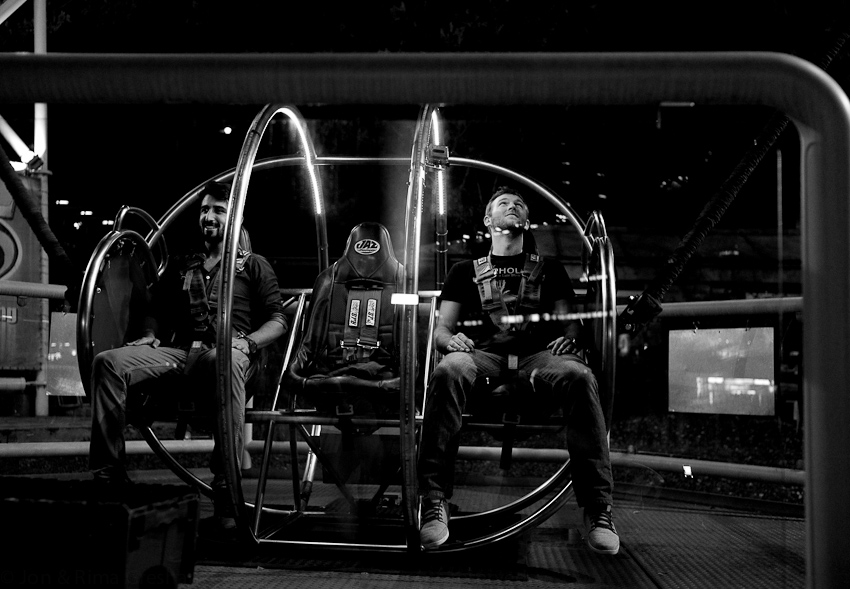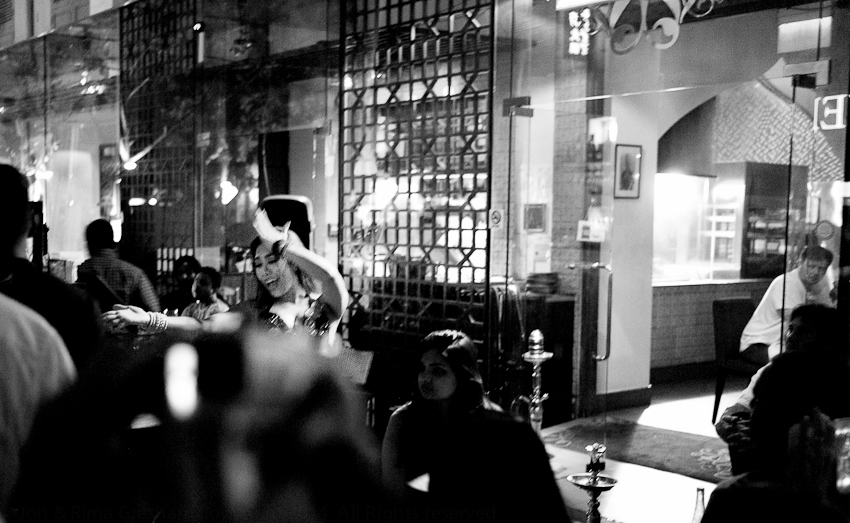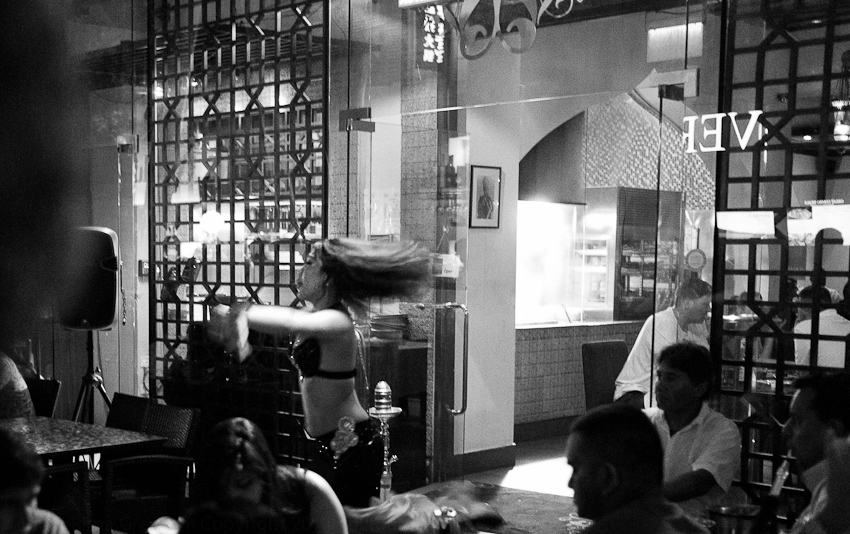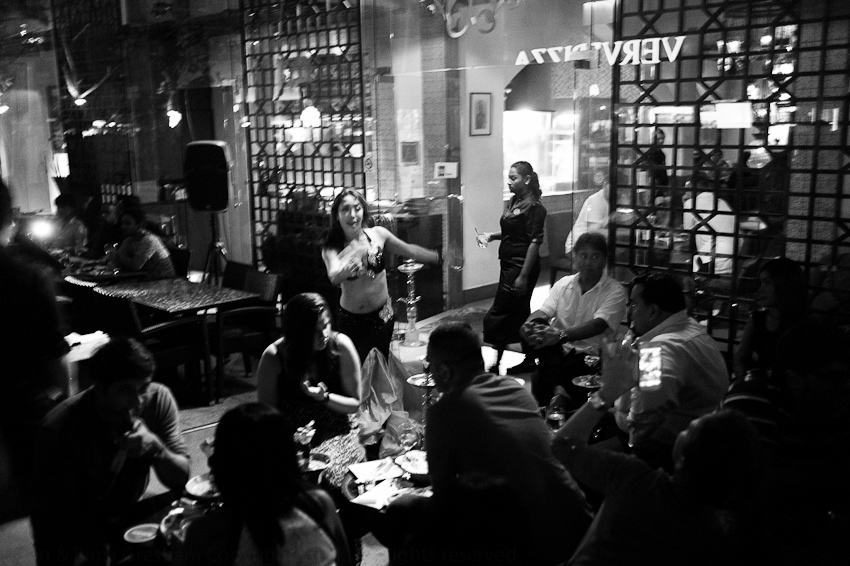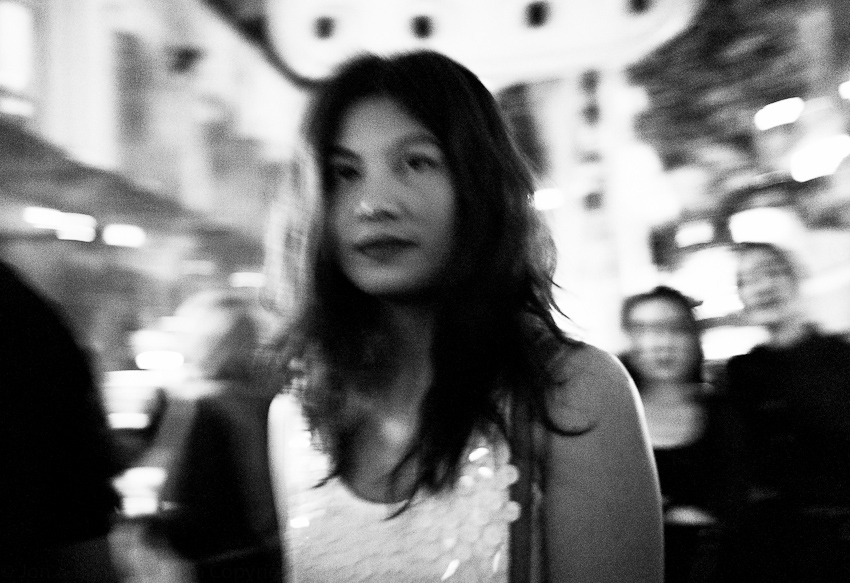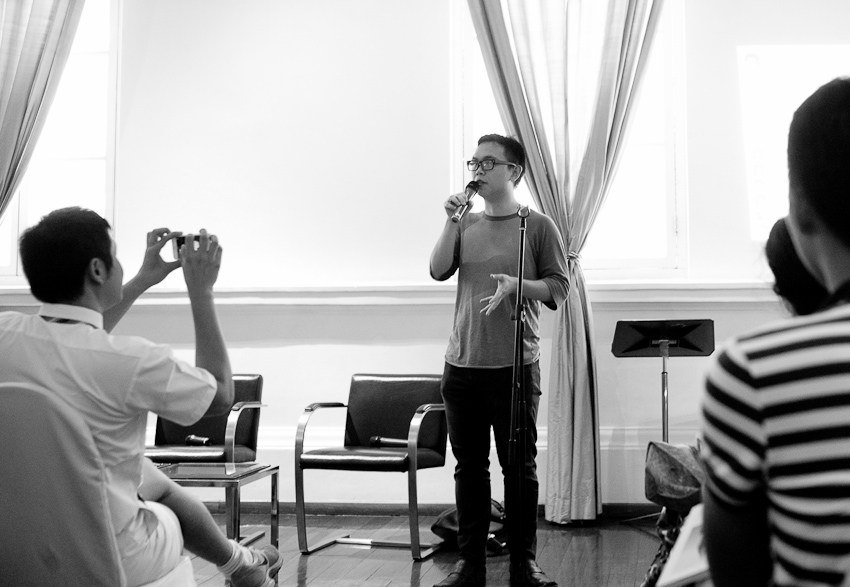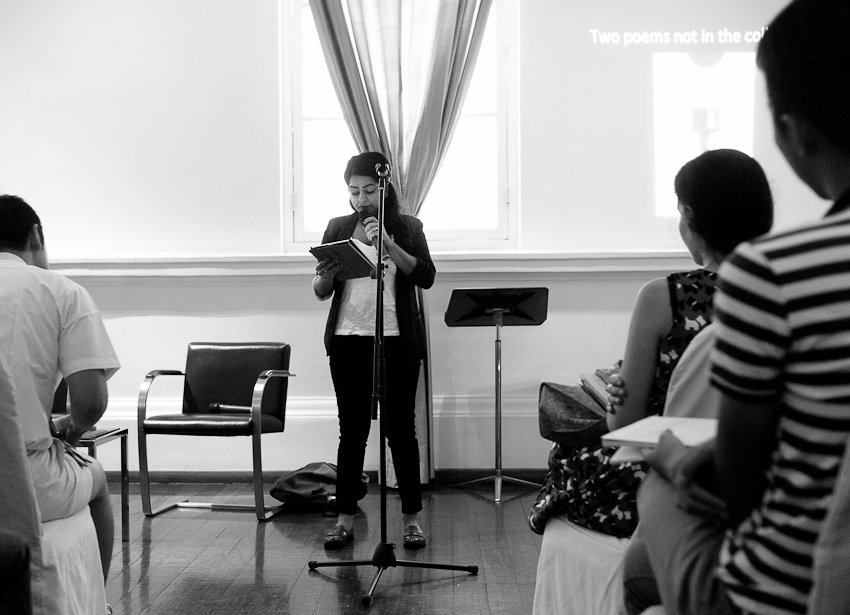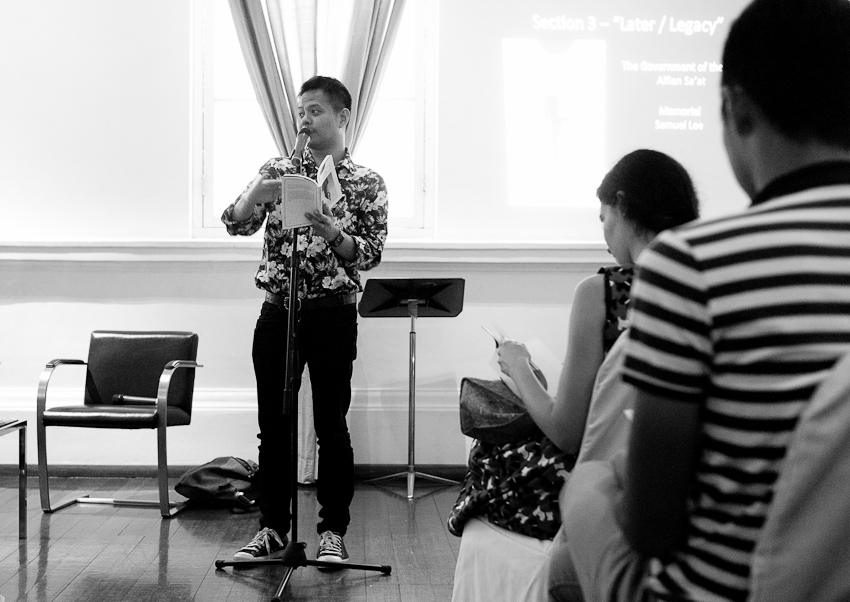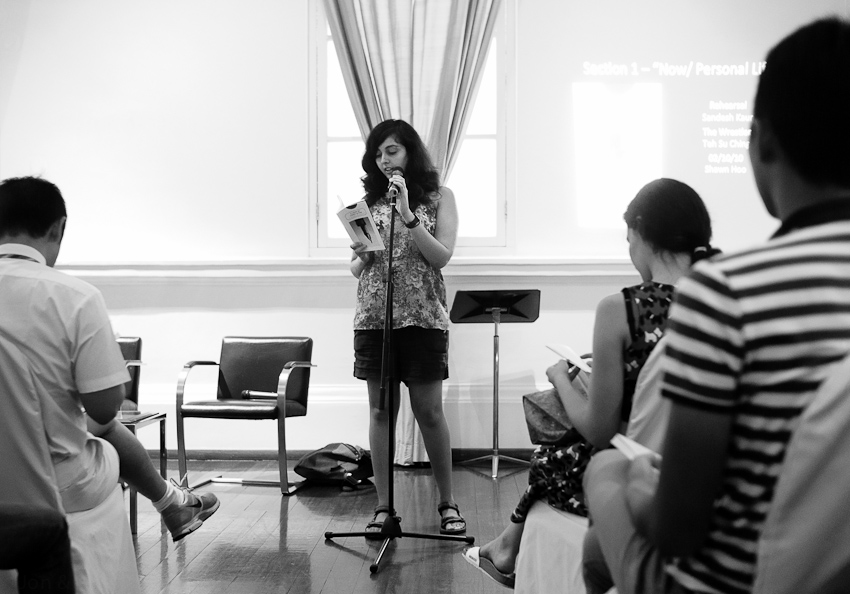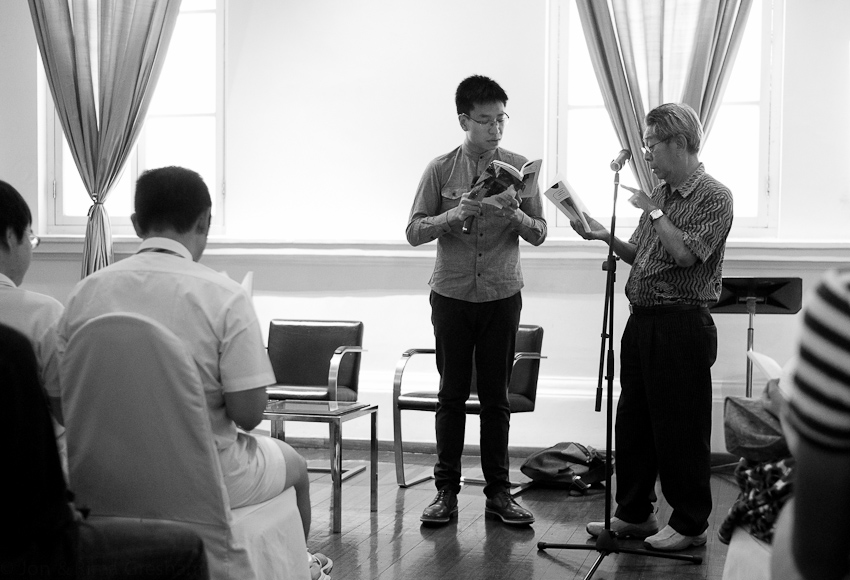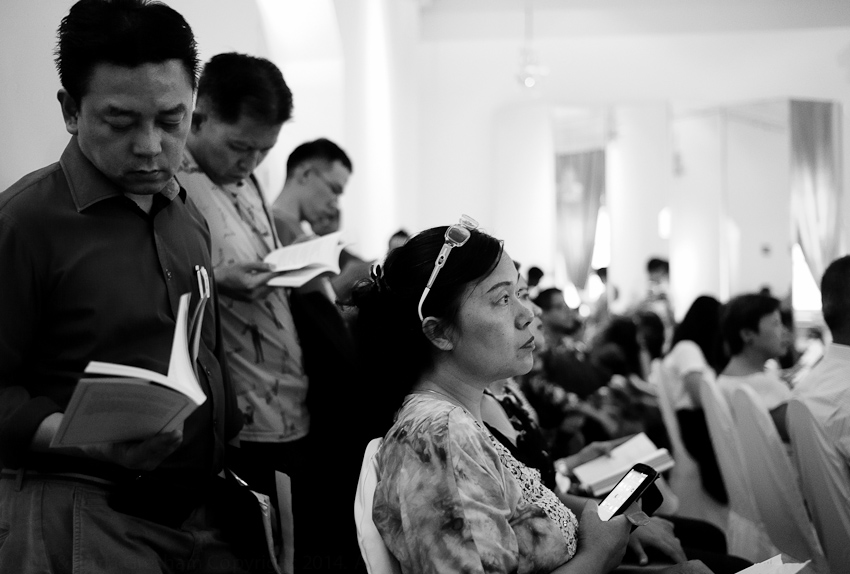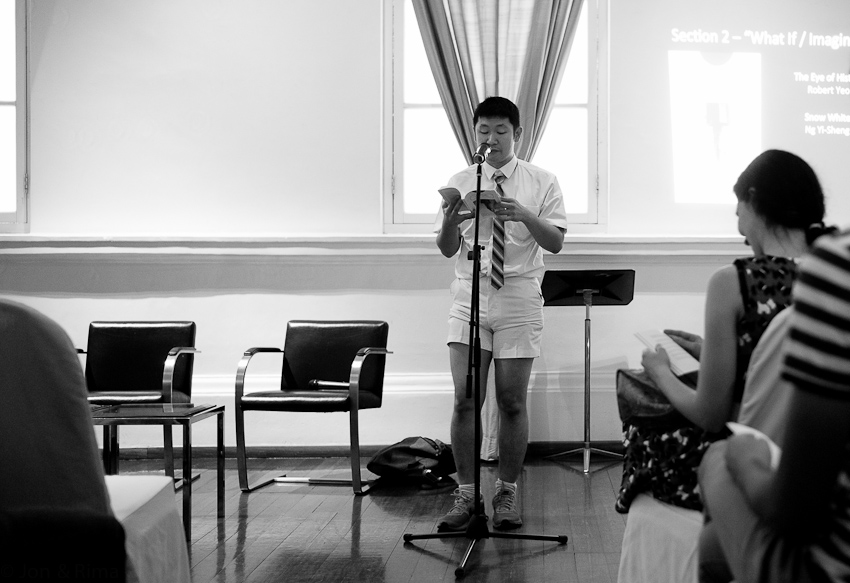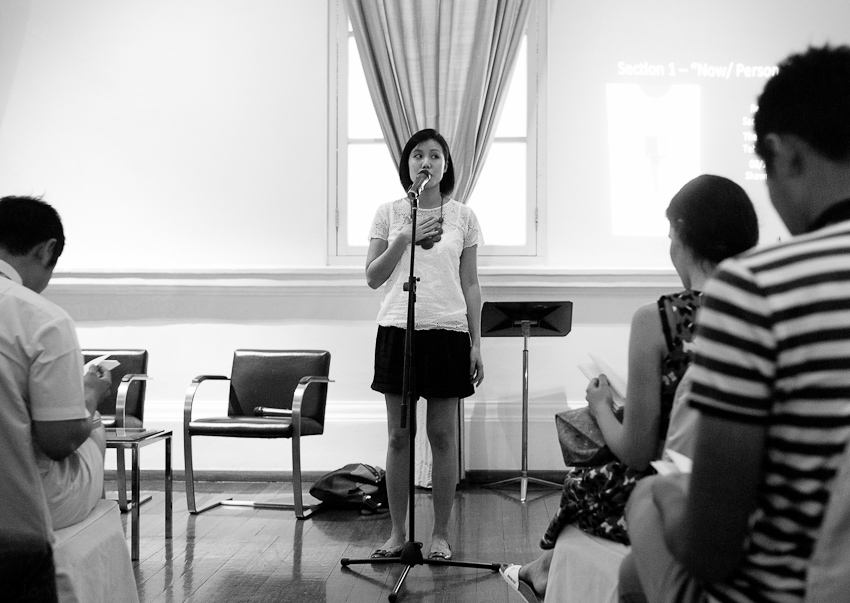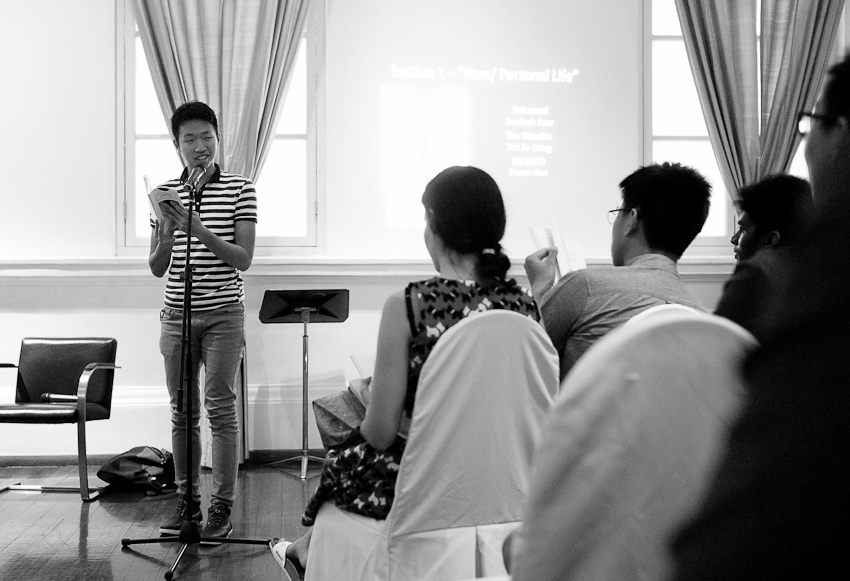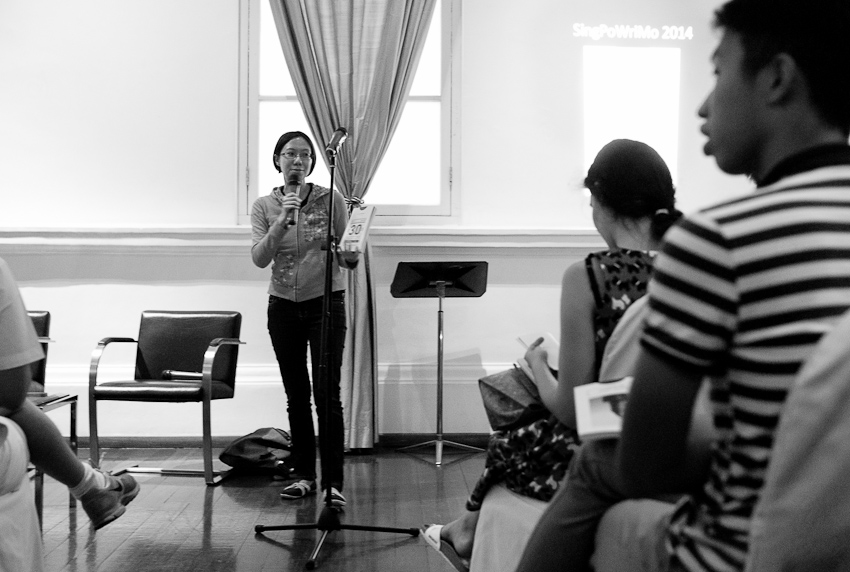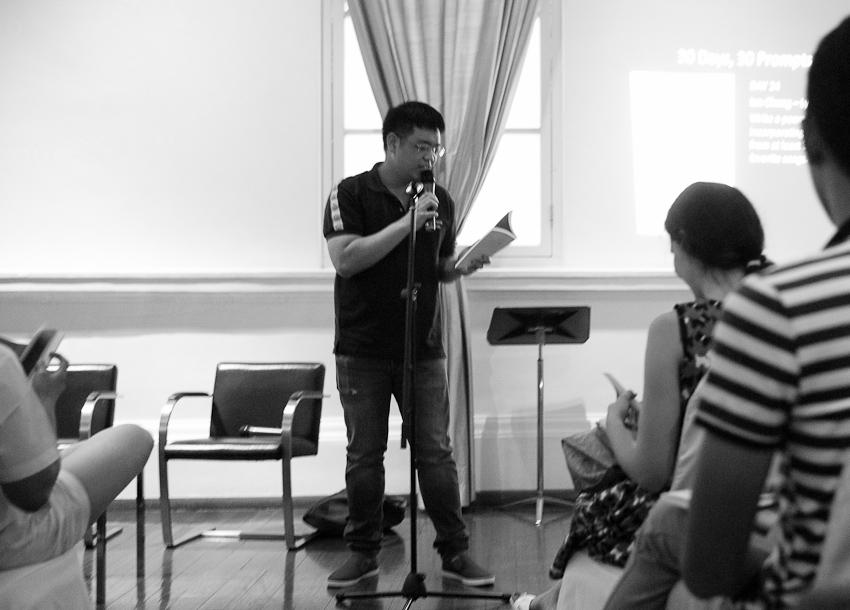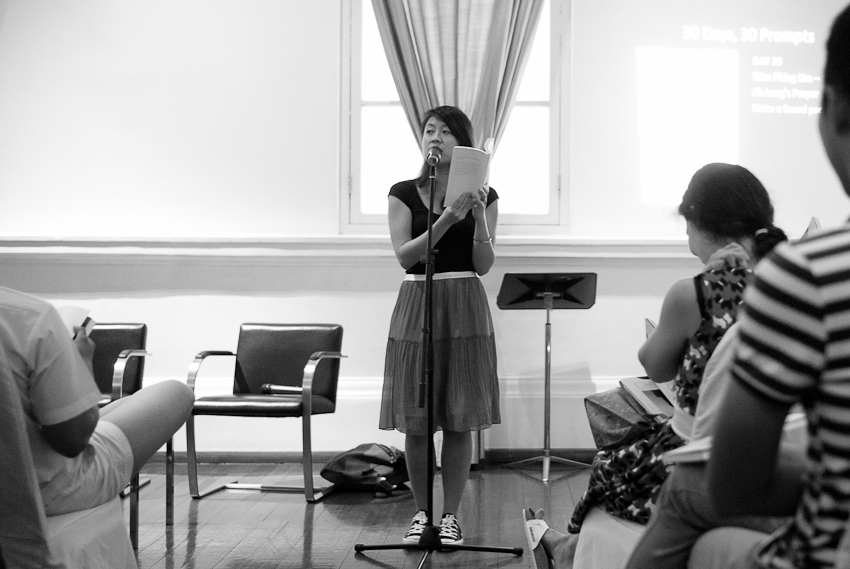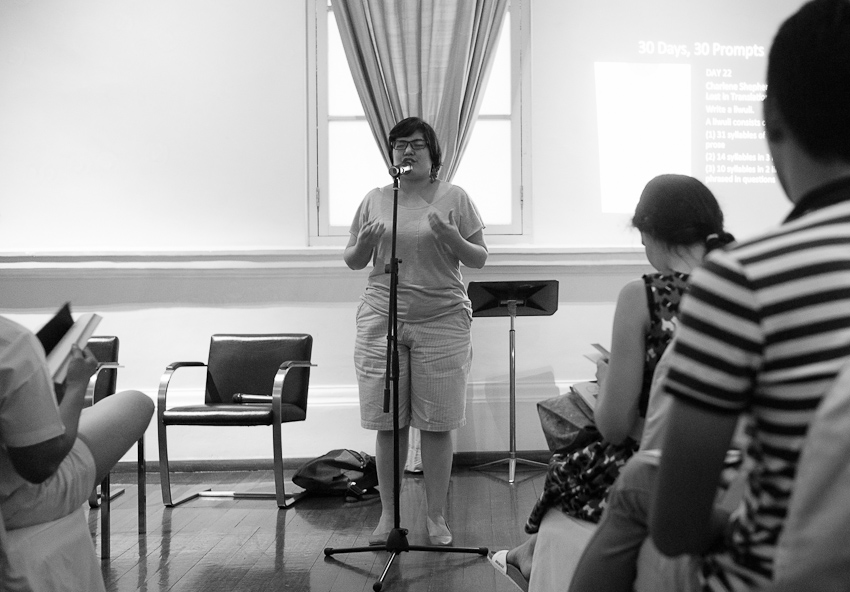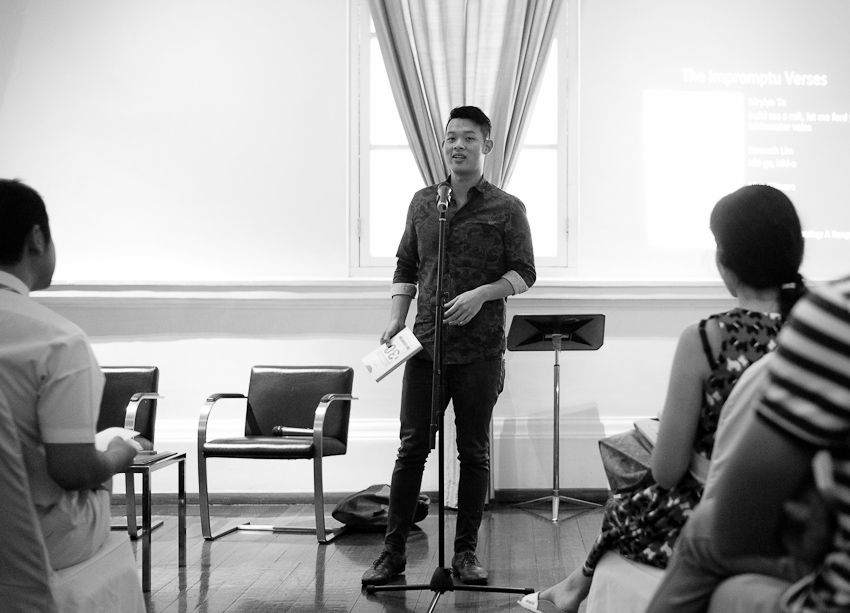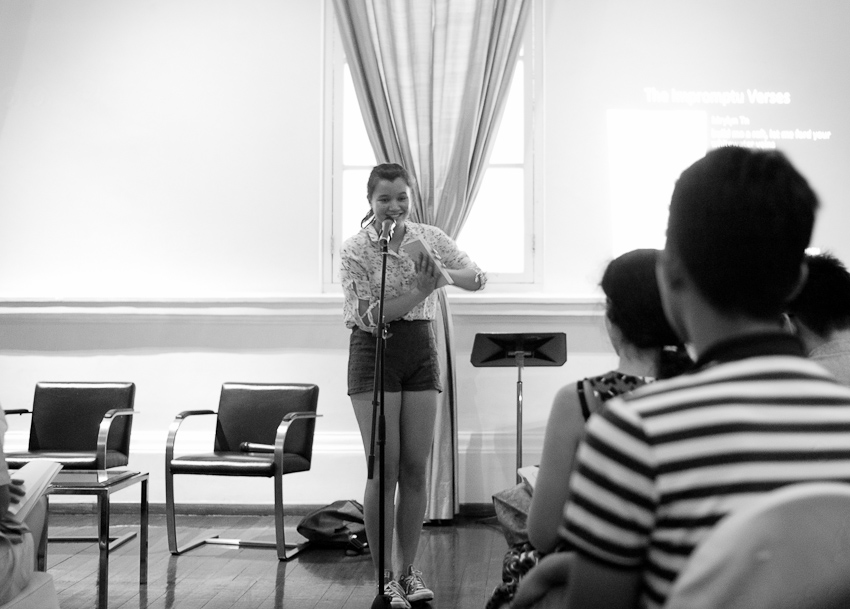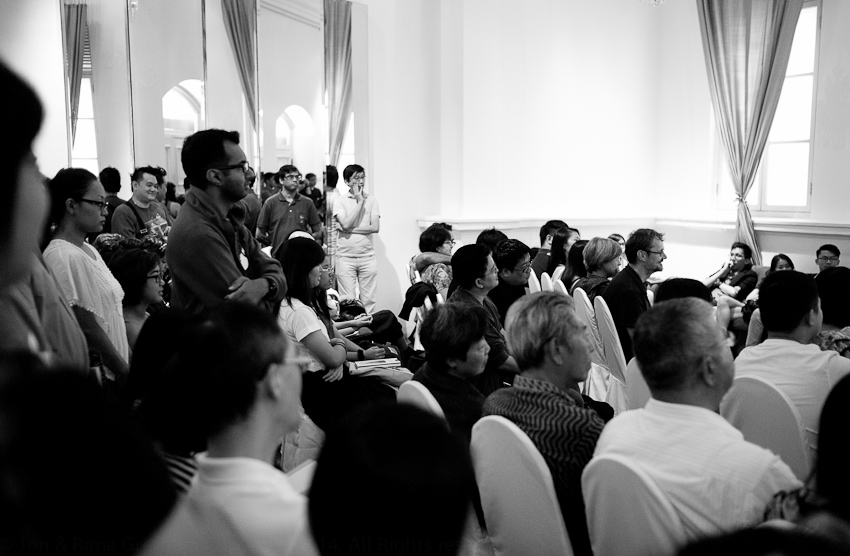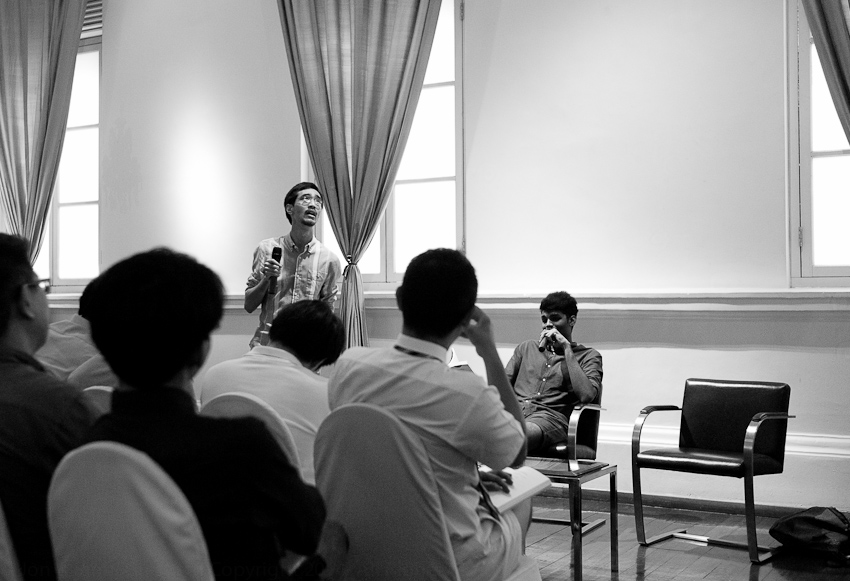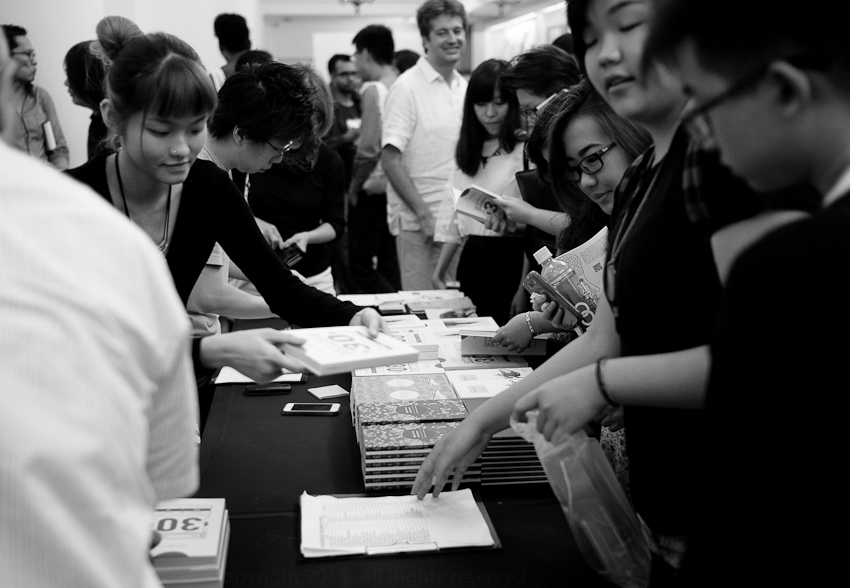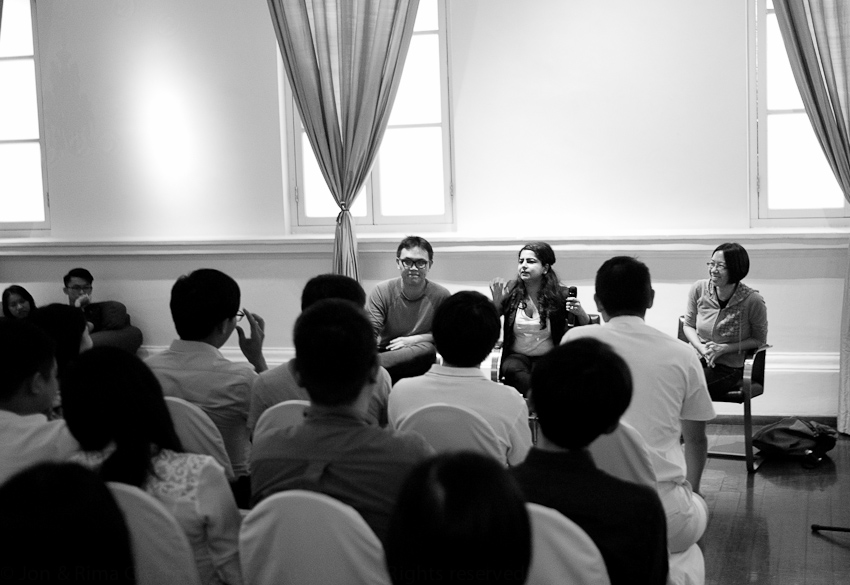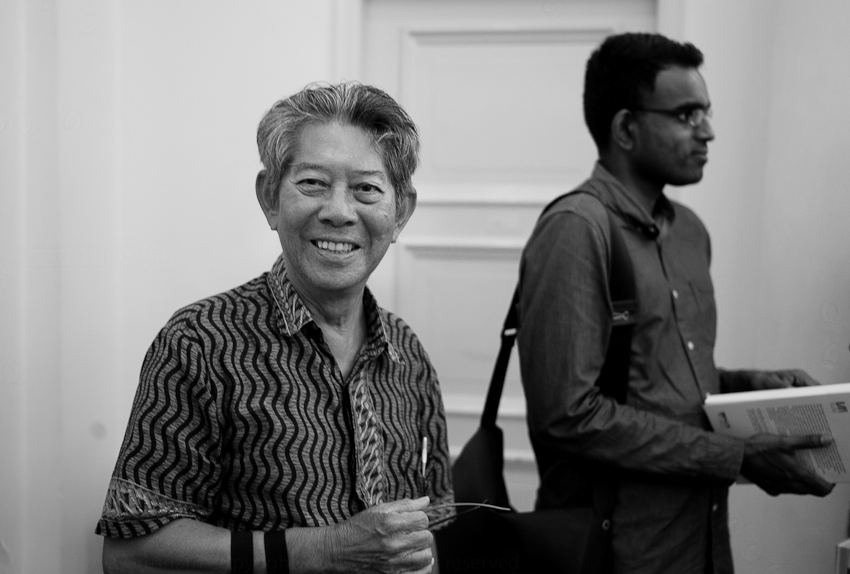Australia ratified the 1967 UN Protocol Relating to the Status of Refugees 41 years ago today. Though you wouldn’t know it, given Australia’s continuing harsh and cruel treatment of asylum seekers and refugees.
“The dehumanisation of refugees, who become faceless, nameless and rightless, is our greatest moral stain since the campaigns to hunt down and kill Aborigines.”
Barry Jones, July 2013
This week there are reports:
- Asylum seeker are stuck in Jakarta with nowhere to turn
- the February 2014 riots on Manus Island were foreseeable & due to delays in processing claims,
- 3 Asylum seekers a week are locked in solitary confinement on Manus Island,
- Evacuation of ill asylum seeker Hamid Kehazaei was delayed 19 hours & cheap & available drugs could have saved his life,
- Refugee girls are attacked on Nauru.
Unfortunately given the politics, despite decent Australians standing up and speaking out - unless sporting sanctions are imposed - the harsh and cruel treatment of asylum seekers will continue:
“Mr Morrison argues that the policy “saves lives”: almost 1,200 have died trying to reach Australia. Yet the boats have not stopped setting out from Indonesia and Sri Lanka. And according to the Refugee Council of Australia the numbers heading for Australia are often overblown: Yemen received more than roughly 25 times more boat people than did Australia over the past six years. But as Mr Abbott’s government has languished in opinion polls for much of 2014, failing to steer some key provisions from its first budget through the Senate, it is hoping this get-tough policy on asylum-seekers will score it political points.”
The Economist, December 2014
It is a fact that the boats haven’t stopped, people are just dying away from Australia’s gaze & Australia's policies are harming UNHCR efforts to address humanitarian challenges:
“According to the UNHCR report on Irregular Maritime Movements in South-East Asia, over 50,000 people set sail just from the Bay of Bengal area in January-November 2014. The smugglers operating in the region move people who are trafficked as well as those paying for passage outside of legal migration channels. The latter includes people such as ethnic Rohingya who do not have any nationality (and therefore no official travel documentation) and have a long history of persecution and discrimination by the Burmese government.
The UNHCR estimates that around 21,000 people have departed from the Bangladesh-Burmese maritime border in the two months of October and November 2014. About 10% were women, and around one-third of arrivals interviewed by UNHCR in Thailand and Malaysia were minors. The numbers for October 2014 are a marked increase (37%) from the year before.”
…
“It’s ultimately pretty simple and obvious: the key to reducing irregular movement of people by dangerous ways is to increase pathways for properly managed, safe and regulated movement. It involves as Guterres said, “looking at why people are fleeing, what prevents them from seeking asylum by safer means”.
In practice, nobody is going to be able to neatly pack their passport and customs declarations cards in order to flee discrimination or state persecution in a “regular” way. Which is why, in the case of those people, the Refugees Convention set up a system for countries around the world to join forces to help them, and why the UNHCR’s resettlement process allows for countries to accept refugees who cannot return to where they fled. Both of which the Australian government is slowly but surely repudiating.”
Sunili Govinnage, The Guardian, Dec 2014
What can you do?
Here are some ideas.
Meanwhile, 167 children detained by the Australian Govt remain sweltering on Nauru.



